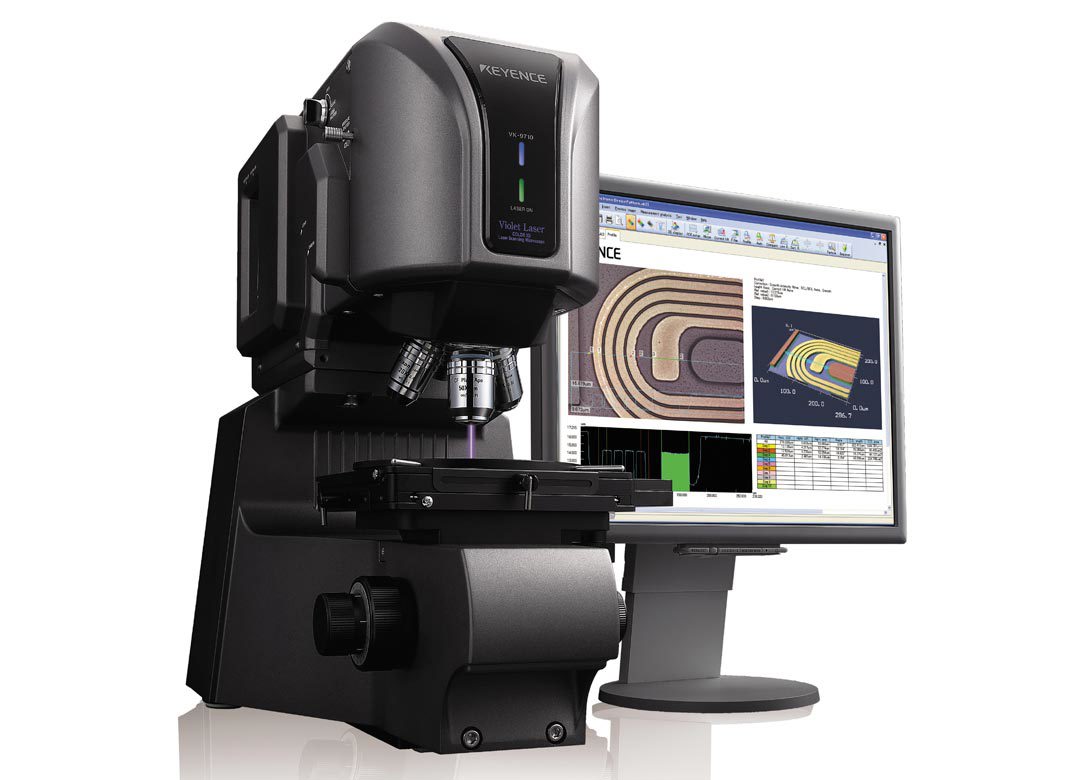
Here Martyn Cleaver, managing director at Forward Industrial Products Group, looks at the use of testing methods in the UK fastener industry and how the use of new technology could help UK companies reach the very highest global standards.
There is no denying that throughout the previous decade technological advances have soared, not least in the manufacturing industry. The UK has seen a number of manufacturers rising to the challenge in terms of adopting modern methods of quality assurance within their supply chain, but this is yet to be an automatic progression – often manufacturers prefer to use fail safe, traditional methods.
For suppliers and manufacturers of products such as fasteners and fixings, quality is key for building reputation within the competitive global market. As manufacturers at the start of the supply chain, quality is paramount to ensure the rest of the manufacturing process runs smoothly, hence the pressure for automotive parts manufacturers to now deliver zero defect parts per million.
At Forward Industrial we use KEYENCE vision machinery and automated solutions, as they help us improve our competitive edge and elevate us as a UK manufacturer to be on par with our counterparts across the global landscape. The vision machinery offers motion control, data acquisition, image processing and sensory analysis, which can detect faults within a micron. This enables us to supply more reliable parts through a smarter supply chain.
Although the UK fastener industry has moved milestones in terms of technological advancement, and a percentage of manufacturers are rising to the challenge by increasing factory automation and investing in sensory technology – such as vision machinery, we still fall behind international competitors. British manufacturers are often deemed behind the mark in comparison with global competitors1, utilising more traditional analysis tools such as hand callipers, which do have their benefits.
The familiarity and financial savings that accompany traditional methods can be beneficial to a parts manufacturer wanting to maintain profit margins, but with technology growing, they hold the UK back in the fight to gain a competitive manufacturing edge. The trick is to supply superior quality for large quantities of products, to ensure the whole of the supply chain runs smoothly.
As it stands, more manufactured parts are imported from global companies than are sourced in the UK. When in fact, the use of technology and automated machine vision could elevate us to exportation giants of manufactured products overseas, increasing UK turnover and also building status. However, to enable this transition we need to be investing in equipment that ensure faulty products are reliably detected by machinery that surpasses human analysis.
For instance the Far East is leading the way in terms of automated technology with production lines, with 323 robots for every 10,000 manufacturing workers. Although initial investment in vision machinery and automated factory processes can be costly, long-term return on investment and the degree of quality assurance that can be offered will be priceless for customers wanting to trust their supplier’s quality.
Vision machinery alongside automation technology allows assessment of manufactured products at a technological level that cannot be disputed. As the speed of supply chains increases and consumer demand rises exponentially, we see a greater percentage looking to opt for parts manufacturers that can ensure quality through vision machinery investment.
Detected faults within one micron is the sort of precision needed to set the UK as renowned parts manufacturers. The global manufacturing climate is constantly advancing and as within any industry, it is beneficial to keep at the forefront of industry movement and advancements to ensure you remain a preferred supplier. Global competition is already adopting vision machinery and automated technology across widespread domains, it would be great to see the UK adopting the same sort of advances.
Although traditional manufacturing methods have proven to be reliable and trustworthy for decades – using skilled and specialist individuals to assess products with the help of calibrated tools – moving forward with vision machinery will advance the UK industry to a global standard.
1 http://nvlpubs.nist.gov/nistpubs/SpecialPublications/NIST.SP.1176.pdf

Will joined Fastener + Fixing Magazine in 2007 and over the last 15 years has experienced every facet of the fastener sector - interviewing key figures within the industry and visiting leading companies and exhibitions around the globe.
Will manages the content strategy across all platforms and is the guardian for the high editorial standards that the Magazine is renowned.
Don't have an account? Sign Up
Signing up to Fastener + Fixing Magazine enables you to manage your account details.